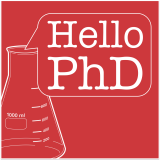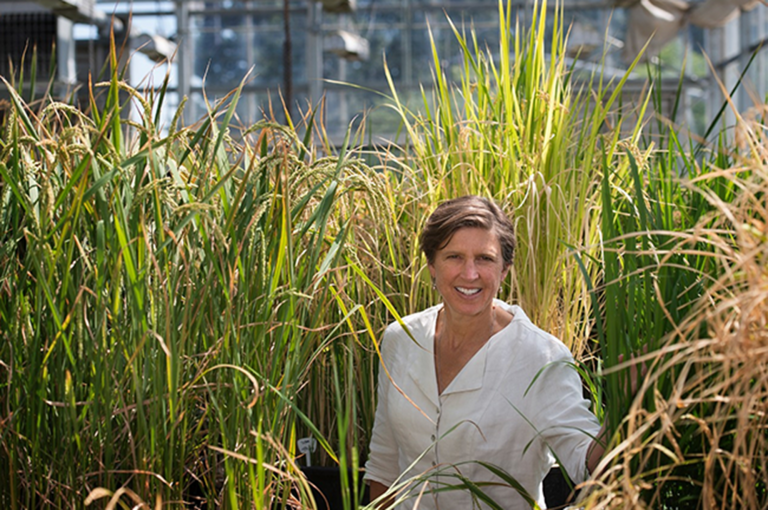 Think back to your grad school days. Think about a time when you were struggling with challenges either inside or outside the lab. Maybe you dealt with failed experiments, a toxic lab culture or mental health problems. For graduate students, these have been real, everyday experiences for as long as anyone can remember. The Hello PhD podcast, hosted by Joshua Hall and Daniel Arneman, aims to address those problems. We’re excited to announce that beginning with Episode 94 (released June 11, 2018), we are now partnering with Hello PhD to promote their mission to support young scientists in training.
Think back to your grad school days. Think about a time when you were struggling with challenges either inside or outside the lab. Maybe you dealt with failed experiments, a toxic lab culture or mental health problems. For graduate students, these have been real, everyday experiences for as long as anyone can remember. The Hello PhD podcast, hosted by Joshua Hall and Daniel Arneman, aims to address those problems. We’re excited to announce that beginning with Episode 94 (released June 11, 2018), we are now partnering with Hello PhD to promote their mission to support young scientists in training.
Hello PhD will be celebrating its third anniversary in July 2018, and in the past three years they’ve covered topics from grad school admissions to choosing a career path, and everything in between. They’ve interviewed post-docs, science communicators and students with interesting experiences to share. The most popular Hello PhD episode ever, “When Research Sucks,” discusses what to do when research starts to drag you down. After 94 episodes, they still haven’t lost sight of their mission to make the grad school experience better for both current and future students. Continue reading “Hello PhD + Promega: Partnering to Support Young Scientists”


 Several weeks ago, I came across an article on ScienceNews.org about how Wikipedia is becoming a scientific resource, whether we like it or not. Scientists are reading Wikipedia, the article said, and it’s affecting how they write. The article cited
Several weeks ago, I came across an article on ScienceNews.org about how Wikipedia is becoming a scientific resource, whether we like it or not. Scientists are reading Wikipedia, the article said, and it’s affecting how they write. The article cited 

